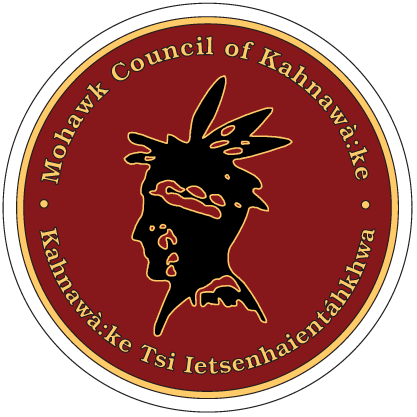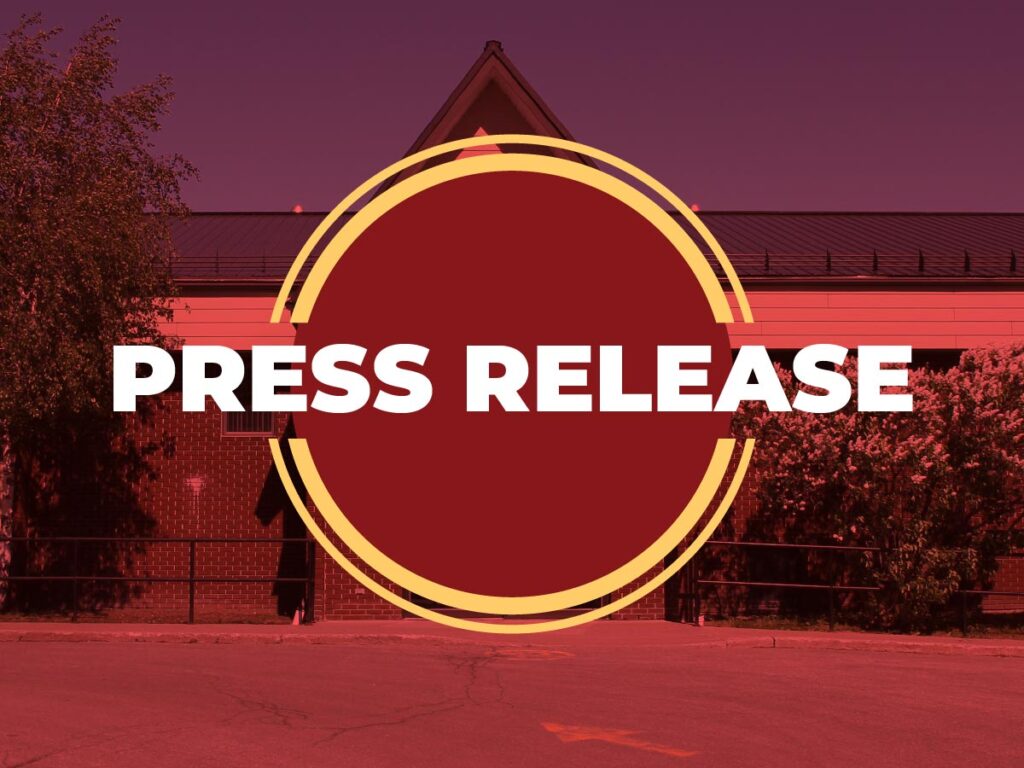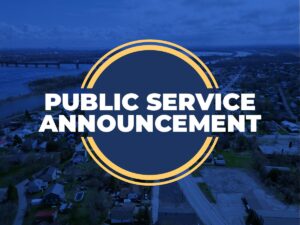The Mohawk Council of Kahnawà:ke (MCK) wishes to inform the community that Ohén:ton Í:rate ne Ratitsénhaienhs Cody Diabo is in Ottawa today to join a protest against Bill C-5, at the invitation of the Chiefs of Ontario Leadership Council, who organized the demonstration.
Bill C-5, also known as the Building Canada Act, seeks to fast-track the approval of major development projects by giving federal Cabinet sweeping authority to designate projects as being in the “national interest,” exempting them from existing environmental laws and bypassing the legal requirement to meaningfully consult and accommodate Indigenous communities prior to project approvals. This undemocratic approach allows corporations to move ahead with potentially harmful projects without transparency, oversight, or the consent of those whose lands and rights may be directly impacted.
The proposed legislation was developed without any consultation or opportunity for input from Onkwehón:we rights holders. This violates Article 19 of the United Nations Declaration on the Rights of Indigenous Peoples, which requires free, prior, and informed consent prior to adopting legislative measures that impact Indigenous peoples.
In the case of Kahnawà:ke, it also breaches the treaty relationship affirmed through the Two Row Wampum and Covenant Chain. Notably, while the federal government consulted provincial governments during the drafting of the bill, Onkwehón:we people were excluded entirely. This disregard is especially troubling given the bill’s potential to permanently alter how decisions are made about unceded lands, water, and resources.
“This legislation is not only dangerous—It’s fear-based and short-sighted. It’s a clear attempt to sidestep the voices and rights of Onkwehón:we, which places the well-being of future generations at risk,” said Ohén:ton Í:rate ne Ratitsénhaienhs Cody Diabo. “We will not accept decisions being made about our lands and our future without our involvement and consent.”
The MCK strongly opposes Bill C-5 and supports all efforts to ensure that any development on Indigenous lands is subject to full transparency, meaningful consultation, and the consent of rights holders, in keeping with our responsibilities to protect the land for generations to come.




